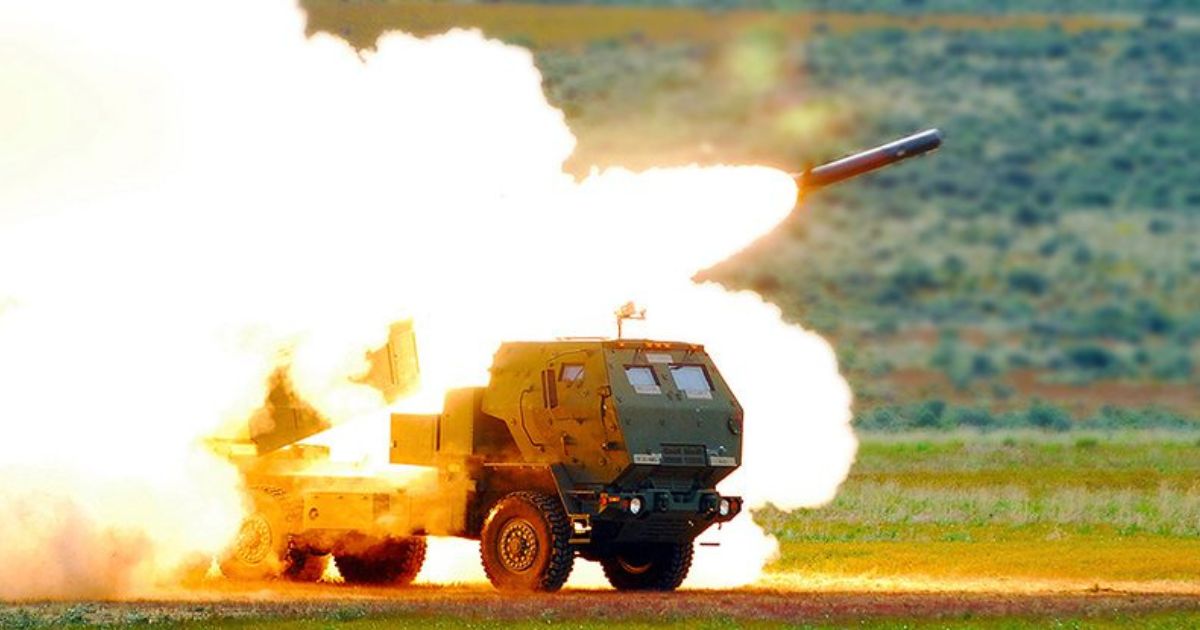Defense contractor Lockheed Martin said it experienced higher-than-expected sales and profits in the second quarter of 2023 as the war in Ukraine continues with persistent Ukrainian demands for more Western military aid.
The company reported quarterly net sales of $16.8 billion and quarterly earnings of $1.7 billion ($6.63 per share) in the last quarter, according to a Tuesday news release.
The 8 percent increase in quarterly sales was bolstered by large orders for F-35 multirole stealth fighter aircraft as well as two missile systems, The Wall Street Journal reported Tuesday.
Both GMLRS and HIMARS are fielded by Ukrainian soldiers against Russian positions in the ongoing war.
“Lockheed Martin delivered strong financial results in the second quarter,” Jim Taiclet, the company’s chairman, president and CEO, said in a statement.
“Given the strength of our year-to-date results and ongoing demand for our signature programs and advanced technologies, we are raising our full year sales and earnings per share outlooks for 2023,” he said.
Taiclet said Lockheed Martin is optimistic about its “return to growth and ability to reward our shareholders over the long run with reliable free cash flow per share expansion and cash deployment.”
The company’s full-year sales in 2023 are expected to reach a figure as high as $66.75 billion, the Journal reported.
It reported that Lockheed Martin shares rose by 1.5 percent during morning trading.
Among all defense contractors, the Bethesda, Maryland-based company has benefited the most from the war in Ukraine, with increased demand for F-35s, Patriot air defense missile systems, rockets and launchers, the Journal reported.
Lockheed Martin said in the news release it had a record backlog of $158 billion.
In the last quarter, the company’s order backlog for its missiles and fire-control unit saw an increase of 24 percent.
The Journal noted that shares of defense companies are related to defense budgets.
It said Lockheed Martin and other defense contractors already have begun to experience the effects of an increase in the Pentagon’s 2023 spending plan.
The companies’ quest to get more sales is aided by the policy advocacy efforts of researchers and fellows working for think tanks funded by defense contractors, who call for more weapons and aid to Ukraine, according to a June report from Quincy Institute Research Fellow Ben Freeman.
“The vast majority of media mentions of think tanks in articles about U.S. arms and the Ukraine war are from think tanks whose funders profit from U.S. military spending, arms sales and, in many cases, directly from U.S. involvement in the Ukraine war,” Freeman wrote.
“Think tanks with financial ties to the arms industry often support policies that would benefit the arms industry,” he said.
The Quincy Institute — whose website says it “promotes ideas that move U.S. foreign policy away from endless war and toward vigorous diplomacy in the pursuit of international peace” — listed the Atlantic Council, the Hudson Institute, the American Enterprise Institute and the Wilson Center in its report.
This article appeared originally on The Western Journal.

























 Continue with Google
Continue with Google